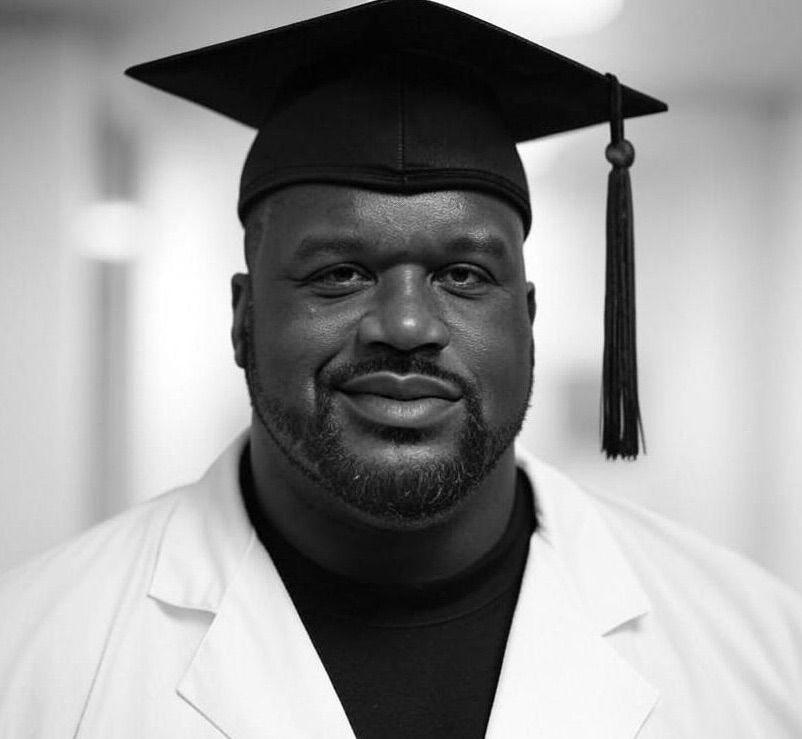BIRMINGHAM, Ala. — Shaquille O’Neal, the NBA Hall of Famer and longtime “Inside the NBA” analyst, is deepening his ties to Alabama and Historically Black Colleges and Universities (HBCUs) by pursuing further education at Alabama State University, with plans to become a college professor in mentorship and business administration within two years.
O’Neal recently appeared on national television wearing Alabama State’s black and gold, announcing that after completing his studies, he intends to leave his broadcasting career behind to teach at the university. The move highlights a strong personal and educational connection to Alabama and HBCUs, which have played a meaningful role in his life and family.
Though many know O’Neal as a dominant force on the basketball court and a larger-than-life media personality, fewer realize he is already a doctor. He earned a doctorate in education from Barry University in 2012. His current studies at Alabama State mark a new chapter in his lifelong commitment to learning and mentorship.
O’Neal’s relationship with HBCUs began years ago when he took summer classes at Southern University, an HBCU in Louisiana, to complete his degree from LSU. That experience left a lasting impression, inspiring him to become a vocal supporter of these institutions that nurture Black excellence and culture.
His family’s connection to HBCUs continues through his son, Shaqir O’Neal, who has played basketball at Texas Southern and Florida A&M, further cementing the O’Neal legacy within the HBCU community.
By choosing Alabama State, a prominent HBCU in the heart of Alabama, Shaquille O’Neal is shining a national spotlight on the state’s educational institutions and signaling his dedication to empowering the next generation through education and mentorship.
His transition from sports and entertainment icon to professor underscores the evolving role of athletes as leaders beyond the court, particularly in supporting historically Black institutions that have long been pillars of opportunity and cultural pride in Alabama and across the nation.

